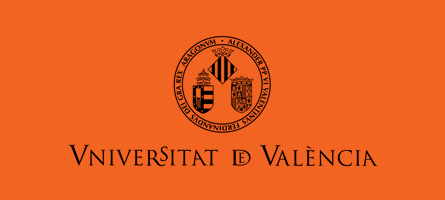Code of ethics
Based on the ethical principles of the CSIC Code of Good Scientific Practice and the Principles of Transparency and Best Practices in Academic Publications of the Committee on Publication Ethics (COPE), to which Dígitos fully adheres, a summary of the journal's code of ethics would be as follows:
For authors:
-Declaration of authorship: Authors undertake to include as authors only those persons who have made a significant contribution to the preparation of the manuscript. Likewise, together with the paper, a document specifying the contribution of each signatory to the article will also be uploaded to the platform.
-Originality: Papers submitted for publication must be original. Plagiarism in all its forms (literal appropriation of someone else's ideas, misuse of citations, etc.) is not permitted. If in doubt, the editorial team will test the originality of the document by means of a programme that checks the plagiarism rate that may be present in a document.
-Data accuracy and accessibility: The data used must be real. The authors also undertake to keep the materials analysed and the corresponding analyses for a considerable period of time.
-Multiple submission: Manuscripts that are being evaluated for publication in other journals will not be accepted. The author commits to the exclusivity he/she offers to the journal while the journal makes an editorial decision.
-Conflicts of interest: Authors must explicitly state in writing any conflicts of interest they may have.
For editors:
-Confidentiality: editors undertake not to reveal the identity of authors to reviewers and to ensure that the process of anonymity is complied with. They must be responsible for the correct process of blind peer review.
-Evaluation without discrimination: the editor will judge the potential of each paper regardless of the authorship of the paper.
-Unpublished articles may not be used for any purpose.
In the event of a conflict of interest, the editor will request co-editing or the transfer of the assigned manuscript to another editor of the journal.
For reviewers:
-Confidentiality: reviewers undertake to safeguard the confidentiality of the data and the document they are reviewing and only use that manuscript for evaluative purposes.
-Deadlines: reviewers undertake to respect the deadlines established for the review. In the hypothetical case that they cannot commit to this, they must notify the editor or decline the review proposal in order to speed up the editorial process.
-Objectivity: reviewers must judge the research from as objective a perspective as possible, so that both changes and opinions on the evaluated work must be justified with strong arguments.
Likewise, the management of Dígitos is committed to ensuring that the journal's funding, which comes entirely from public funds, does not influence the editorial decisions taken throughout the publication process.






